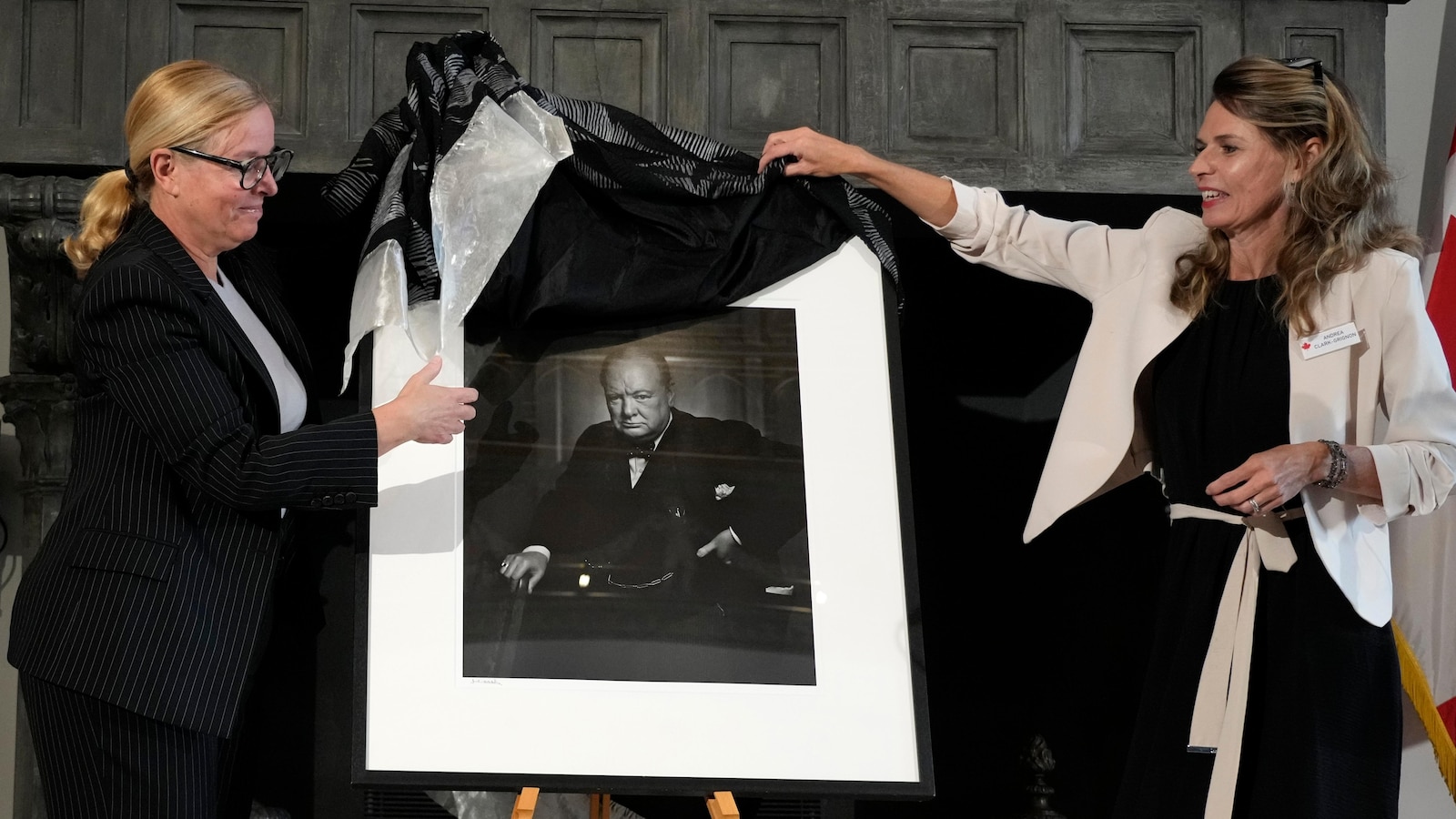
MEXICO CITY — Osiel Cárdenas Guillén, one of Mexico’s most-feared drug lords, has been released from a U.S. prison after serving most of a 25-year prison sentence, authorities confirmed Friday.
A U.S. Bureau of Prisons official said Cárdenas Guillén had been released from prison and was placed in the custody of the U.S. Immigration and Customs Enforcement. That would normally suggest he would be deported back to Mexico.
A Mexican official who was not authorized to be quoted by name said Cárdenas Guillén faces two arrest warrants in Mexico, making it likely he would be detained upon arrival.
The former head of the Gulf cartel was known for his brutality. He created the most bloodthirsty gang of hitmen Mexico has ever known, the Zetas, which routinely slaughtered migrants and innocent people.
Cárdenas Guillén was sentenced to 25 years in prison in 2010 and ordered to forfeit tens of millions of dollars. It was not clear why he did not serve his full sentence, but he had been extradited to the U.S. in January 2007.
The 57-year-old native of the border city of Matamoros, Mexico, moved tons of cocaine and made millions of dollars through the Gulf cartel, based in the border cities of Reynosa and Matamoros.
He created the Zetas, a gang of former Mexican special forces soldiers who he recruited to become his private army and hit squad. They committed acts of terror that regularly involved slaughtering dozens of people, decapitating them or dumping heaps of hacked-up bodies on roadways.
The Zetas lived on long after Cárdenas Guillén was captured in 2003. By 2010, the Zetas had formed their own cartel, spreading terror-style attacks across Mexico as far south as Tabasco until their top leaders were killed or arrested in 2012-2013.
An offshoot of the Zetas, the Northeast cartel, continues to control the border city of Nuevo Laredo, across from Laredo, Texas.
But Cárdenas Guillén’s own gang, the Gulf cartel, has become hopelessly splintered after more than a decade of bloody infighting between factions with names like The Metros, The Cyclones, The Reds and The Scorpions.
Cárdenas Guillén’s own nickname was “El Mata Amigos,” or “The one who kills his friends.”
Cárdenas Guillén’s most brazen act was when he surrounded and stopped a vehicle carrying two U.S. Drug Enforcement Administration agents and one of their informants in 1999 in the border city of Matamoros, across from Brownsville, Texas.
His gunmen pointed their weapons at the agents and demanded they hand over the informant, who would almost certainly be tortured and killed. The agents toughed it out and refused, reminding him it would be a bad decision to kill employees of the DEA. Cárdenas Guillén eventually called off his gunmen, but not before reportedly saying “You gringos, this is my territory.”
__
Alanna Durkin Richer contributed from Washington, D.C.
___
Follow AP’s coverage of Latin America and the Caribbean at https://apnews.com/hub/latin-america
Osiel Cárdenas Guillén, the former leader of the Gulf Cartel, one of Mexico’s most notorious drug trafficking organizations, was recently released from a US prison after serving over a decade behind bars. Cárdenas was extradited to the United States in 2007 and sentenced to 25 years in prison for drug trafficking, money laundering, and weapons offenses.
Cárdenas’ release has sparked concerns among law enforcement officials on both sides of the border, as they fear that his return to Mexico could reignite violence and instability in the already turbulent drug war. Cárdenas was known for his brutal tactics and ruthless leadership style, which earned him a reputation as one of the most feared drug lords in Mexico.
The Mexican government has indicated that they will seek to have Cárdenas deported back to Mexico, where he is wanted on numerous charges related to his involvement in the drug trade. However, there are concerns that Cárdenas’ return could lead to a power struggle within the Gulf Cartel, as rival factions vie for control of the lucrative drug trafficking routes along the US-Mexico border.
Cárdenas’ release also raises questions about the effectiveness of US efforts to combat drug trafficking and organized crime. Despite his lengthy prison sentence, Cárdenas’ criminal empire continued to operate and expand, demonstrating the resilience and adaptability of Mexico’s powerful drug cartels.
The case of Osiel Cárdenas Guillén serves as a stark reminder of the challenges faced by law enforcement agencies in their efforts to dismantle transnational criminal organizations. As long as there is demand for illegal drugs in the United States and elsewhere, drug cartels will continue to thrive, posing a threat to public safety and national security on both sides of the border.
It remains to be seen what the future holds for Osiel Cárdenas Guillén and the Gulf Cartel, but one thing is certain: his release from prison has once again thrust him into the spotlight as a key player in Mexico’s deadly drug war. Law enforcement officials will be closely monitoring his movements and activities in the coming months, as they work to prevent any further escalation of violence and bloodshed in the region.


